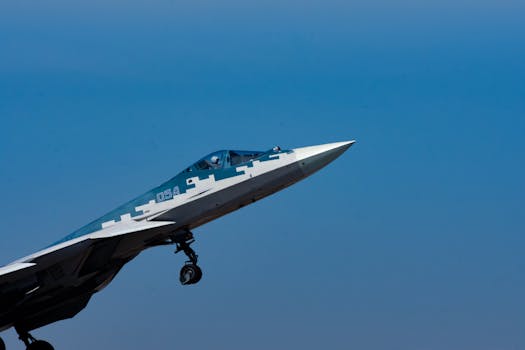UK fighter jet stuck in India for five weeks is finally ready to fly
UK Prime Minister Boris Johnson expressed his deep apologies to India
After a five-week halt, the Royal Air Force (RAF) has finally managed to fix a UK fighter jet, which is now ready to fly back home. The jet had been sent to India to participate in joint military exercises but experienced technical issues shortly after its arrival and had to be grounded. This caused considerable tension between the two nations, and UK Prime Minister Boris Johnson has since apologized for the inconvenience and delays it caused.
What caused the delay and the subsequent international tension
The cause of the delay was attributed to an issue with the aircraft's emergency beacon, which failed to comply with international regulations. This required the jet to undergo repairs and troubleshooting by Indian and British technicians. The situation caused a diplomatic rift between the UK and India, with Indian officials expressing public frustration over the delay and the resulting hold-up of the joint military exercises.
What's next for the repaired fighter jet?
After the repair efforts by both Indian and British technicians, the fighter jet is now finally ready to take off and return home to the UK. It's expected that the jet will depart shortly, concluding this unexpected and rather diplomatically sensitive episode. The situation also sparked discussions on the need for standard operating procedures to address such situations in the future, to avoid any repeat of this incident.
Conclusion
This incident exemplifies the importance of ensuring that military equipment is up to standard and compliant with international regulations, to avoid such diplomatic mishaps. While the repairs of the fighter jet have been completed, the situation has raised questions about the preparedness of military equipment sent abroad and the need for more stringent quality checks to prevent future incidents.




